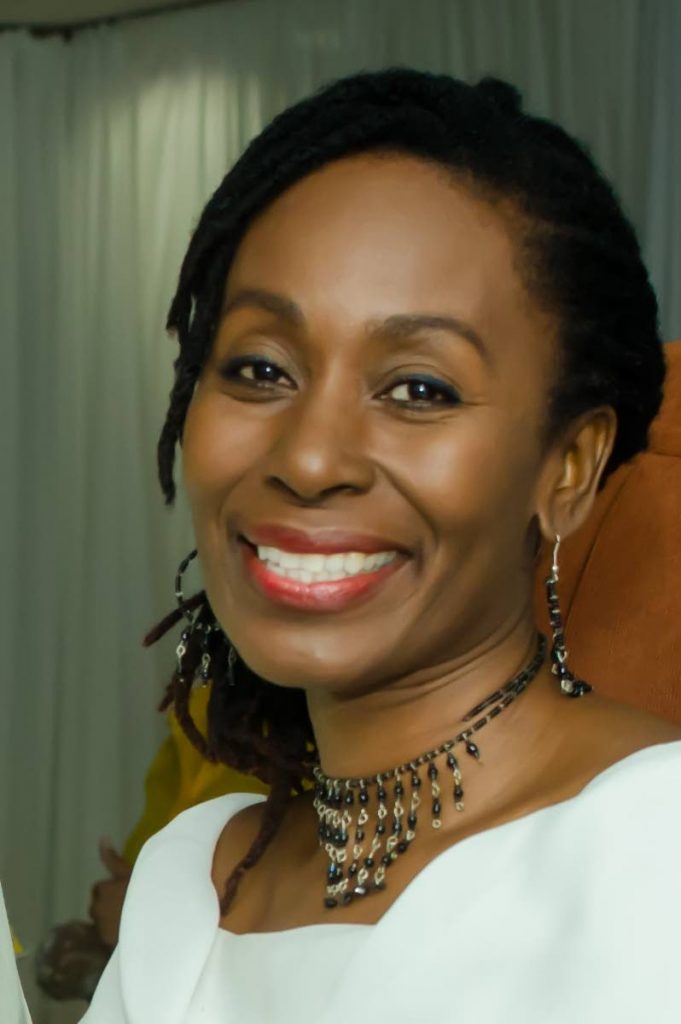The cuts that run too deep

Culture Matters
EQUITY. Fairness. Justice.
A global virus has once more brought these words to the fore. Unsuccessfully, I spent this week trying to avoid seemingly endless videos of that policeman kneeling on George Floyd’s neck, ridiculous debates about the roll-out of the vaccine in TT and painful images of artists around the world protesting for theatres and cultural spaces to be reopened.
“Covid19 has hit all countries hard, but its impact has been harshest on communities which were already vulnerable.” The word vulnerable flows off the tongue; it is soft, polite. As I stare at 15-year-old scars on the wrists of a young woman impacted by the virus, that word is not enough. Barely in her thirties, she is the mother of four boys and caregiver to her little brother. She is bipolar, which in her world means she is often labelled “the crazy gyul.” From my academic pedestal, I tried to assure her that covid19 is forcing a new approach to mental health. She looked away and said, “Well, I don’t know about that.”
This week, the World Health Organization (WHO) observed World Health Day, a commemoration that I was not aware existed until the pandemic. The themes of justice and equality were integral to global observances. This was no doubt sparked by the fact that the rest of us looked on in horror as world leaders hoarded, argued and wrangled over vaccines and safety measures for their citizens. It therefore makes sense that WHO is calling for a new treaty on pandemic preparedness and response to be signed. This new international agreement would be aimed at fostering a “comprehensive, multi-sectoral approach to strengthen national, regional and global capacities and resilience to future pandemics.”
In a week when global deaths continue to escalate, this is an important goal. But like the word vulnerable, how will concepts like “multi-sectoral” filter down to the young woman who hurts herself to avoid feeling pain? How will our systems be strengthened? After losing her job and her apartment, she reached out to the state for help. Confusingly, she was sent to an institution that provides food and clothes to the needy. Why did she not receive appropriate support? How may we repair these obvious gaps in the delivery of our social services?
Last year, after six months of being unemployed and trying to look after her boys, the slashing of her wrists intensified to cutting her thighs and then her neck. Would “multi-sectoral” solutions understand that this proud young woman needs a safe space for her boys to call home, a supportive mental health network and a homework centre where her boys can attend class while she goes to work?
This week, for the first time I understood what it meant to feel anxious by everything happening in the world. I felt grateful for my artistic abilities, for the gift of being able to communicate with you through this forum, to write poetry or, simply, to read a book. When I asked the young woman how she would relax or enjoy herself before the pandemic, she said she rarely went anywhere or did anything. Her life revolved around her boys.
Resilience is another soothing word often used in the context of disasters or personal trauma. It speaks to our ability to recover and rebuild after facing difficult situations. According to one explanation, becoming resilient “takes time, strength and help from people around you, and you’ll likely experience setbacks along the way. But eventually you reach the top and look back at how far you’ve come.”
When I think of her, I see the resilience, strength and beauty that she does not know she has. I will of course reach out to my network to get her the support she needs, but this is not good enough. Given that the effects of a pandemic are likely to be with us for an extended period, I issue a call for cultural facilities and Early Childhood Care and Education centres across the country to be made available only for single working parents who need a safe space for children during the day, naturally keeping within all health and other regulations.
I am certain that our artistic community would support such an initiative that would cost little, but which would return dignity, justice and hope to many of our citizens. We must do better when people cry out for help, or else bear the responsibility for the cuts that are eventually slashed too deep to heal.
Dara E Healy is a performance artist and founder of the Indigenous Creative Arts Network – ICAN


Comments
"The cuts that run too deep"